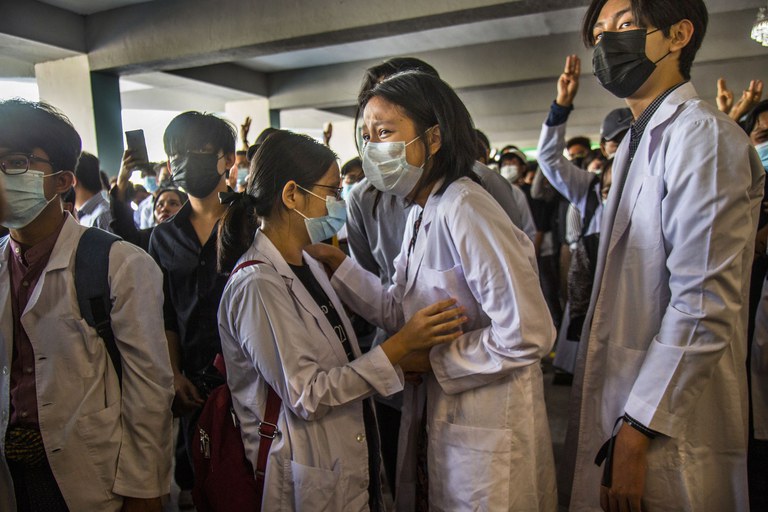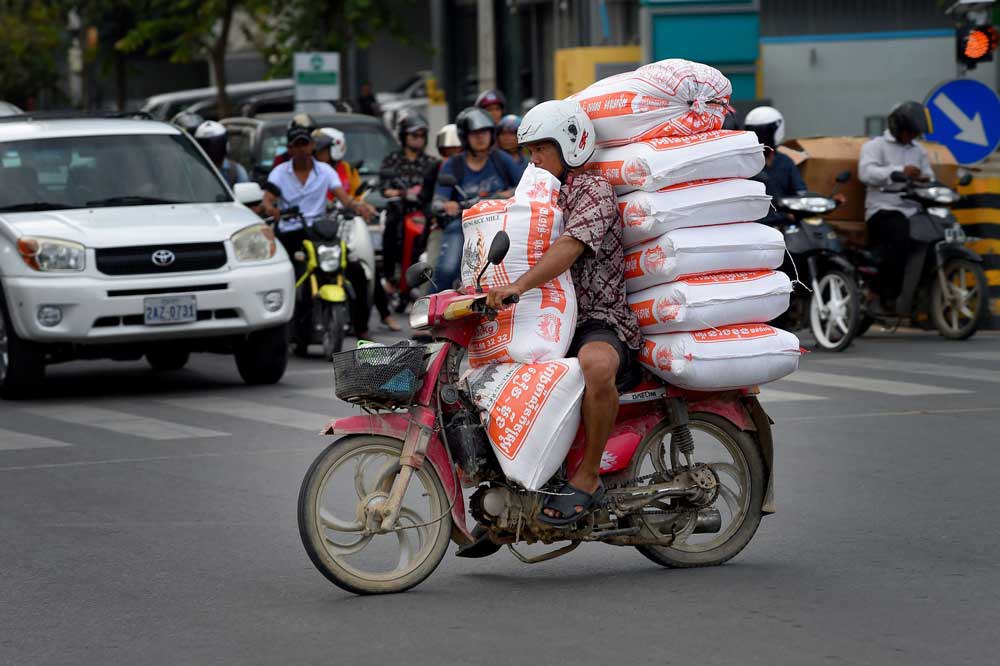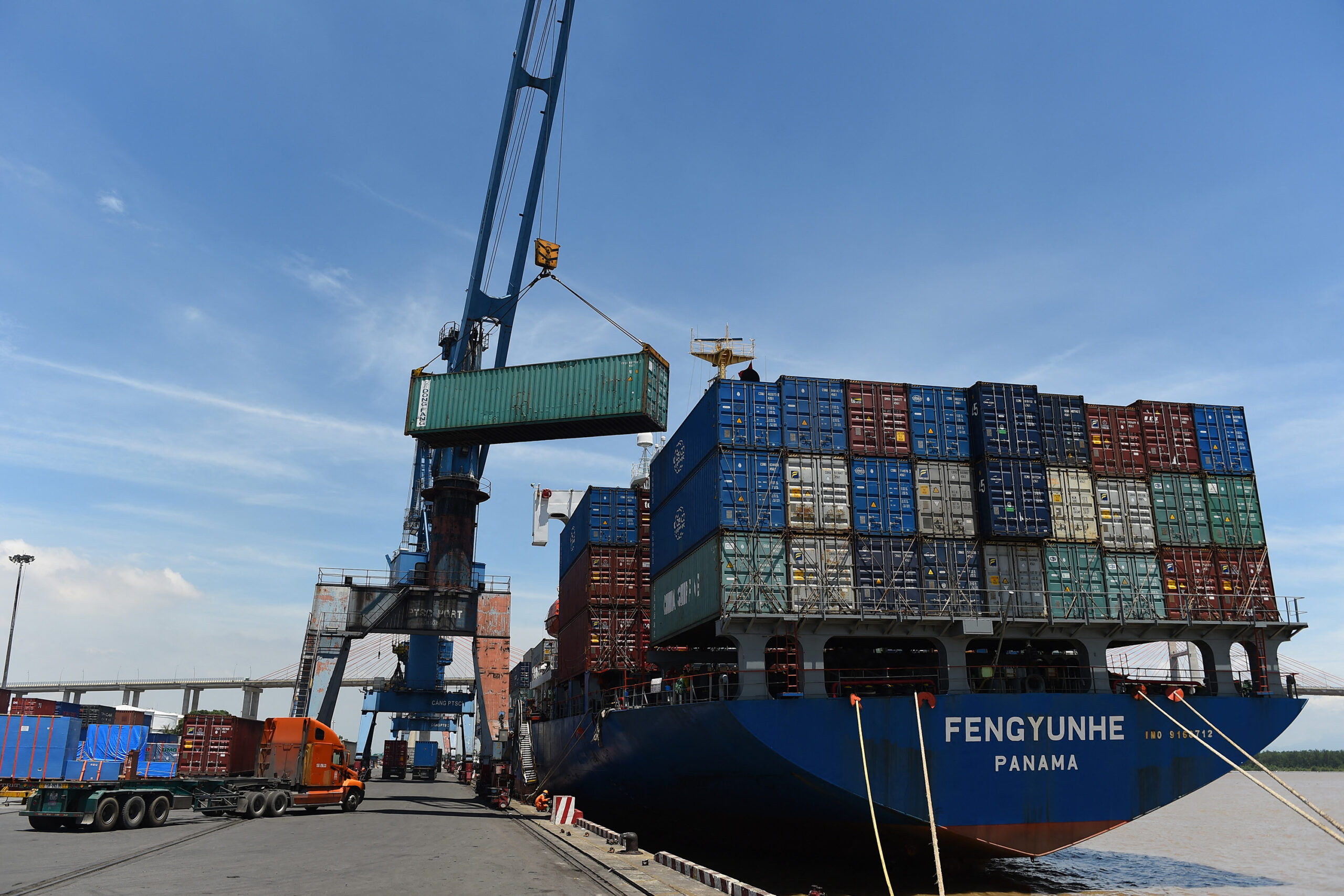Report criticizes ASEAN, international response to Myanmar humanitarian crisis
A new report by lawmakers from Southeast Asia and other regions criticizes what they describe as a timid response to the post-coup crisis in Myanmar by countries and international blocs that claim to support democracy. The Final Report by the International Parliamentary Inquiry, or IPI, into the Global Response to the Crisis in Myanmar, which was released in Bangkok on Wednesday, specifically took aim at the Association of Southeast Asian Nations ahead of the regional bloc’s summit later this month. “The struggle of the Myanmar people for democracy is also the struggle of all people who love democracy and justice everywhere,” the ASEAN Parliamentarians for Human Rights, or APHR, said in the report, according to BenarNews, an RFA-affiliated online news service. ASEAN’s five-point consensus reached with Myanmar junta leader Sr. Gen. Min Aung Hlaing in April 2021 has been “an utter failure,” Charles Santiago, a Malaysian lawmaker and chairman of the APHR, said in a news release announcing the 52-page report. Myanmar is one of the 10 members of ASEAN. “Gen. Min Aung Hlaing has shown an absolute contempt for the agreement he signed and for ASEAN’s member states, and the regional group has been unable to adopt a stance to put pressure on the junta,” Santiago said in a press release accompanying the statement. “Meanwhile, most of the international community has hidden behind ASEAN in order to avoid doing anything meaningful. It is past time that ASEAN ditches the five-point consensus and urgently rethinks its approach to the crisis in Myanmar,” he said. The consensus called for an immediate end to violence; a dialogue among all concerned parties; mediation of the dialogue process by an ASEAN special envoy; provision of humanitarian aid through ASEAN channels; and a visit to Myanmar by the bloc’s special envoy to meet all concerned parties. “A common theme often repeated by our witnesses has been that, in the face of such a horrible tragedy, the countries and international institutions that claim to support democracy in Myanmar have reacted with a timidity that puts in serious doubt their alleged commitment to the country,” the report said. In its recommendations, the report called for ASEAN to negotiate a new agreement with Myanmar’s opposition National Unity Government, or NUG, making sure the new accord has enforcement mechanisms. As recently as last week, ASEAN leaders announced they would continue efforts to implement the 18-month-old consensus. The ministers “reaffirmed the importance and relevance” of the consensus, “and underscored the need to further strengthen its implementation through concrete, practical and time-bound actions,” Cambodian Foreign Minister Prak Sokhonn said in a statement after the Oct. 27 meeting. Cambodia, which chairs ASEAN this year, will host the summit in Phnom Penh from Nov. 10 to 13. While some ASEAN members, including Malaysia, have sought to hold the Burmese junta accountable, members such as Cambodia and Thailand are among the nations who “have persisted as junta enablers,” the report said. And because ASEAN makes its decisions consensually, some analysts don’t foresee much progress being made at the summit in Phnom Penh. Against Myanmar participation Meanwhile, Malaysia’s outgoing top diplomat has put forward a proposal to prohibit the Myanmar junta from all ASEAN ministerial-level meetings. “All ASEAN ministerial meetings should not have Myanmar political representation. That is Malaysia’s position,” caretaker Foreign Minister Saifuddin Abdullah told The Australian Financial Review on Wednesday. “We know two more countries share this view, and we are very hopeful it will be considered at the leaders’ summit next week.” Saifuddin is a caretaker minister because Malaysian leader Ismail Sabri Yaakob dissolved parliament when he announced a general election, which will be held later this month. The first ASEAN foreign minister to publicly meet with the NUG’s foreign minister, Saifuddin is seen as one of the shadow government’s biggest allies. IPI said that throughout its hearings while compiling the report “participants, even those that also expressed a level of criticism toward the NUG, overwhelmingly called for the international community to recognize it as the legitimate government of Myanmar and engage with it instead of the junta.” The IPI held six public hearings along with several private hearings and received dozens of written submissions. Malaysia’s Santiago and Indonesian House member Chriesty Barends traveled to the Thai-Myanmar border in August to gather information. The IPI investigation team included officials from African countries, the Americas and Europe. Heidi Hautala, vice president of the European Parliament, served a chairwoman, and United States Rep. Ilhan Omar served as a member. Thai MP Nitipon Piwmow served on the team as well. The report blamed the international community for encouraging “a sense of impunity within the Myanmar military,” the news release said. It pointed to an October airstrike at a Kachin music festival that killed at least 60 civilians. “Myanmar is suffering a tragedy words cannot describe. The global community should urgently step up the delivery of humanitarian assistance and it should work with local civil society organizations that know the terrain well, have ample experience and are trusted by the population,” Barends said. “Millions of Myanmar citizens suffering the most grievous hardships cannot wait for long. International actors should leave politics aside and help the Myanmar people immediately.” BenarNews is an RFA-affiliated news service.





